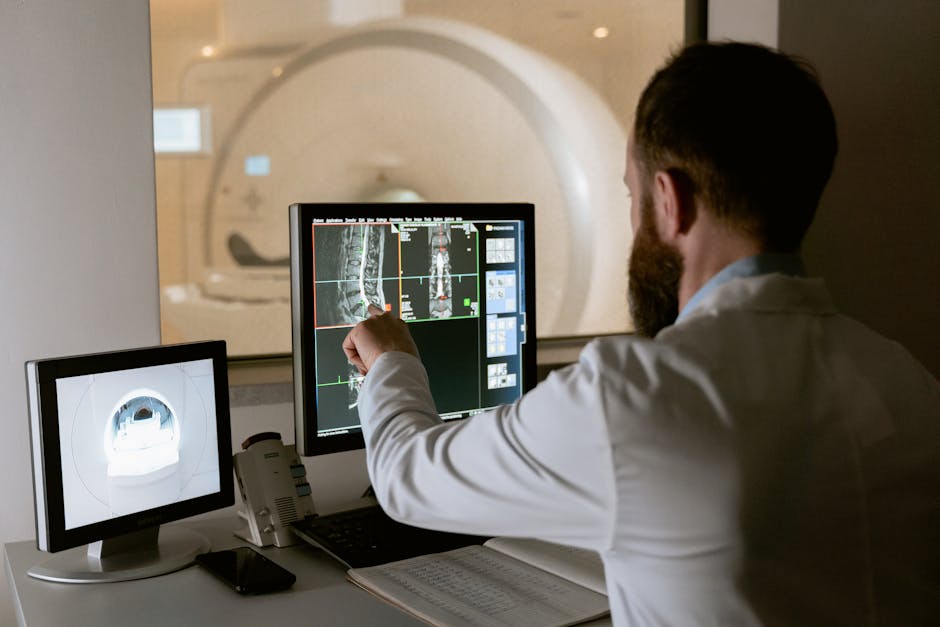No products in the cart.
India’s TB fight gets a boost: New Made-in-India diagnostic tests cut cost & time
India is making significant strides in its battle against tuberculosis with innovative, cost-effective diagnostic tests that promise to enhance healthcare delivery.
India has taken a significant step forward in its ongoing battle against tuberculosis (TB) with the introduction of innovative, Madein-India diagnostic tests. These new tests promise not only to cut costs but also to significantly reduce the time taken for diagnosis, a crucial factor in the fight against this persistent public health challenge.
The Context of TB in India
TB remains a major health concern in India, with the country accounting for a substantial portion of the world’s TB cases. According to the World Health Organization (WHO), India reported over 2.6 million new TB cases in 2021 alone, making it a focal point in global health efforts to eradicate the disease. The disease is particularly insidious, often requiring prolonged treatment and a complex diagnostic process that can lead to delays in care and increased transmission risks.

In response to these challenges, Indian researchers and healthcare innovators have developed a series of new diagnostic tests that leverage advanced technology to provide faster and more accurate results. The introduction of these tests is expected to enhance not just the speed of diagnosis but also the accessibility of testing in rural and underserved areas where TB prevalence is often highest.
How the New Tests Work
The new diagnostic tests utilize a combination of molecular biology techniques and machine learning algorithms to detect the presence of TB bacteria in a patient’s sample. Traditional methods, such as sputum smear microscopy and culture tests, can take days or even weeks to yield results. In contrast, the new tests are designed to provide results within a matter of hours, which could dramatically change the treatment landscape for TB.
How the New Tests Work The new diagnostic tests utilize a combination of molecular biology techniques and machine learning algorithms to detect the presence of TB bacteria in a patient’s sample.
This rapid diagnosis is particularly critical in the context of multi-drug resistant TB (MDR-TB), which has become a growing concern in India and around the world. By identifying cases more quickly, healthcare providers can initiate appropriate treatment sooner, thereby reducing the risk of further transmission and improving patient outcomes.
Implications for Healthcare Careers
The rollout of these advanced diagnostic tests will likely have significant implications for healthcare careers in India. As the healthcare sector adapts to new technologies, there will be an increasing demand for professionals skilled in biotechnology, data analysis, and molecular diagnostics. This shift could lead to the creation of new job opportunities in laboratories, research institutions, and healthcare facilities across the country.
Moreover, the emphasis on local innovation underscores the importance of fostering a home-grown healthcare ecosystem. By investing in local talent and resources, India is positioning itself as a leader in health solutions, potentially serving as a model for other countries grappling with similar public health challenges.
A Vision for the Future
As India continues to implement these diagnostic advancements, there is a broader vision at play: the aim to not only combat TB but also to establish a robust and resilient healthcare infrastructure. The success of these new tests could pave the way for further innovations in other areas of public health, such as infectious diseases and chronic conditions.
Additionally, the government’s commitment to healthcare initiatives, alongside private sector partnerships, will be crucial in ensuring that these advancements reach the communities that need them most. The focus on affordability and accessibility is essential, as it aligns with global health goals to ensure that no one is left behind in the fight against diseases like TB.
As the healthcare sector adapts to new technologies, there will be an increasing demand for professionals skilled in biotechnology, data analysis, and molecular diagnostics.
Looking ahead, the integration of advanced diagnostics into the healthcare framework has the potential to transform patient care in India. With the right policies and continued investment in healthcare innovation, India could not only reduce its TB burden but also enhance the overall health of its population.











